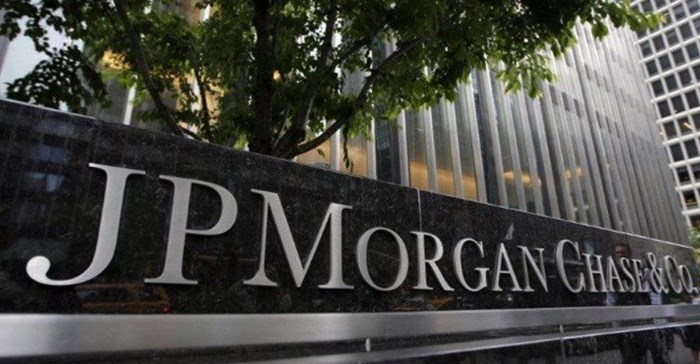
American banking giant JP Morgan topped the list with $6.92bn. A significant share of JP Morgan's fees came from M&A activity accounting for 37%, followed by loans at 31%, while bonds represented 22% of the fees. Equity accounted for 10% of the bank's fees in 2022.
Goldman Sachs ranked second in fees at $6.5bn. Bank of America Securities emerged third at $5.52bn, while Morgan Stanley ranked fourth after collecting $4.61bn in fees. Citi was fifth at $3.96bn.
Notably, all the top five banks ranked by fees emanated from the United States, with United Kingdom's Barclays ranking sixth at $2.83 bn. Other banks accounting for significant fees include Credit Suisse ($2.23bn), Wells Fargo ($2.03 bn), CITIC ($1.9bn), and RBC Capital Markets ($1.73bn).
The research highlighted some of the underlying factors behind global investment banks' varied and significant fees. According to the research report: "Despite the highlighted banks having varied fees, they have built a strong reputation and recognition as experts in the industry.
"As a result, they can charge premium fees for their services. The significant fees generated have emerged in an environment of high volatility and the disruptive increase in interest rates.
"At the same time, the banks' expenses have likely surged with the soaring inflation, slowdown in deal-making, geopolitical tensions, and possible job cuts."
Moving into 2023, the banks will be monitoring the economic outlook with a focus on factors such as inflation and geopolitical tensions worldwide.